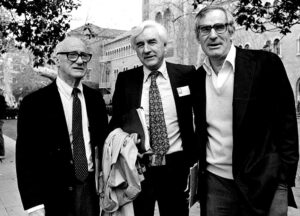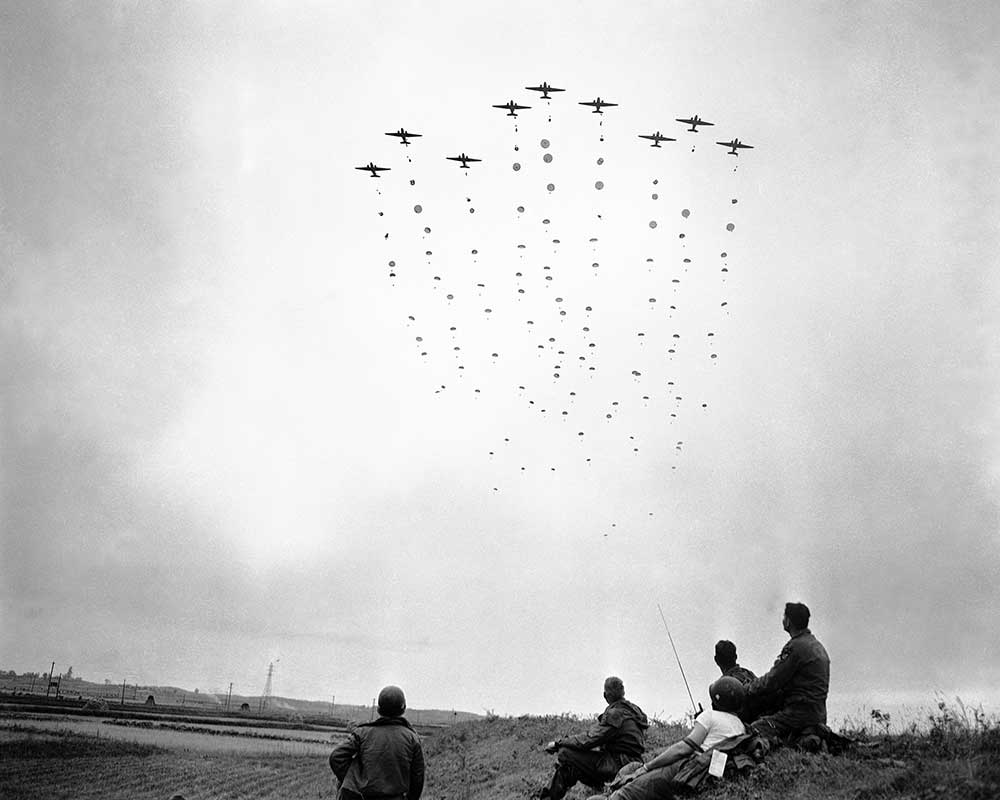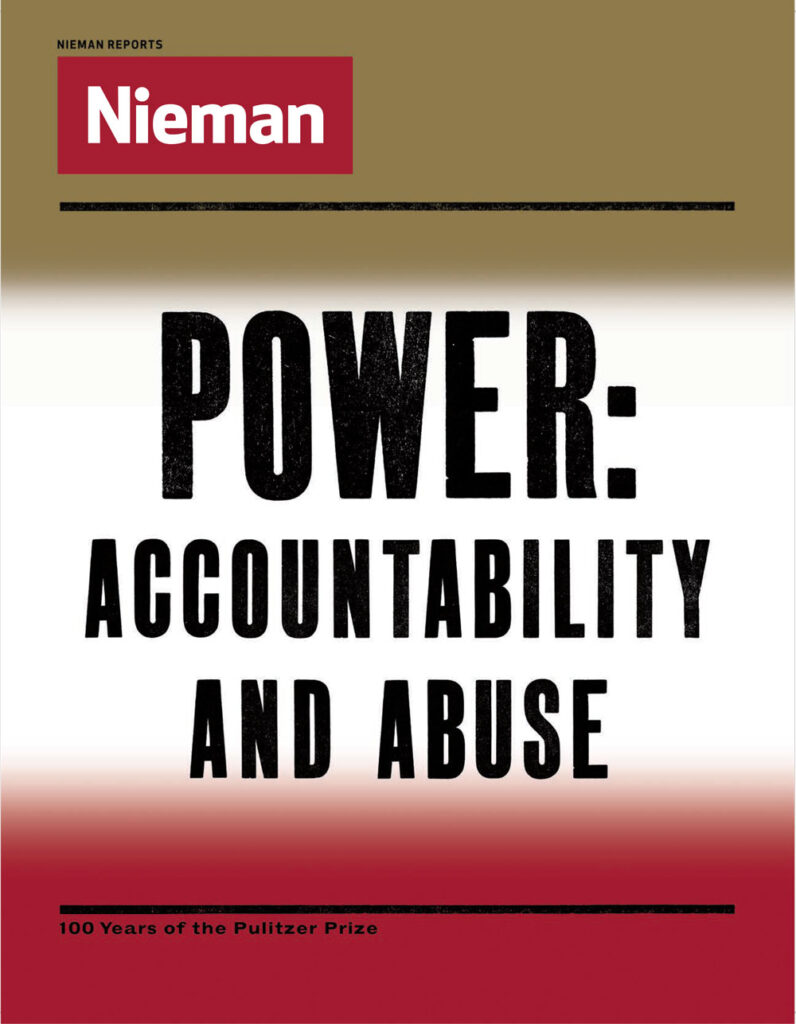Six foreign correspondents from three news outlets shared the prize for their reporting on the Korean War. Recognized alongside Homer Bigart, Marguerite Higgins, Relman Morin, Fred Sparks, and Don Whitehead, Beech was cited for his graphic, informed, and concise dispatches from the front.
A fog of defeatism and despair hangs over this shattered capital of Seoul, Korea like an oppressive cloud.
Among U.S. Army and South Korean government officials there is undisguised gloom as never-ending columns of Army vehicles rumble through the streets headed in one direction.

Gen. MacArthur’s communiqué says the morale of United Nations troops is high despite their smashing defeat by the Chinese Communists. Evidently the general and I haven’t talked to the same people.
The atmosphere around 8th Army headquarters is about as cheerful as a wake. So far as news is concerned the lid is on. Nobody wants to talk. This could be worse since the only military news is the 8th Army’s prodigious effort to avoid contact with the Chinese forces.
At the cozy press billet near the Capitol building correspondents were routed out of bed one morning this week by G.I.s with orders to pack the beds they were sleeping in.
A British correspondent philosophized that perhaps it was just as well since he wouldn’t want the beds to fall into the hands of the enemy to be used against us.
Everybody, of course, hopes the war will be ended at Lake Success.
Meanwhile, recriminations are floating about. The Americans blame the disintegration of the 2d ROK (Republic of Korea) Corps for their defeat. I don’t know what happened to the 2d Corps, but I do know that earlier in the war when I was with the ROKs they fought bravely and well, with considerably less to fight with than our own troops.
Among British and Turkish forces there is resentment toward the American command for what appears to them needless surrendering of territory without a fight.
Korean peddlers are doing a thriving business selling departing G.I.s silk handkerchiefs labeled “Return From Hell.”




